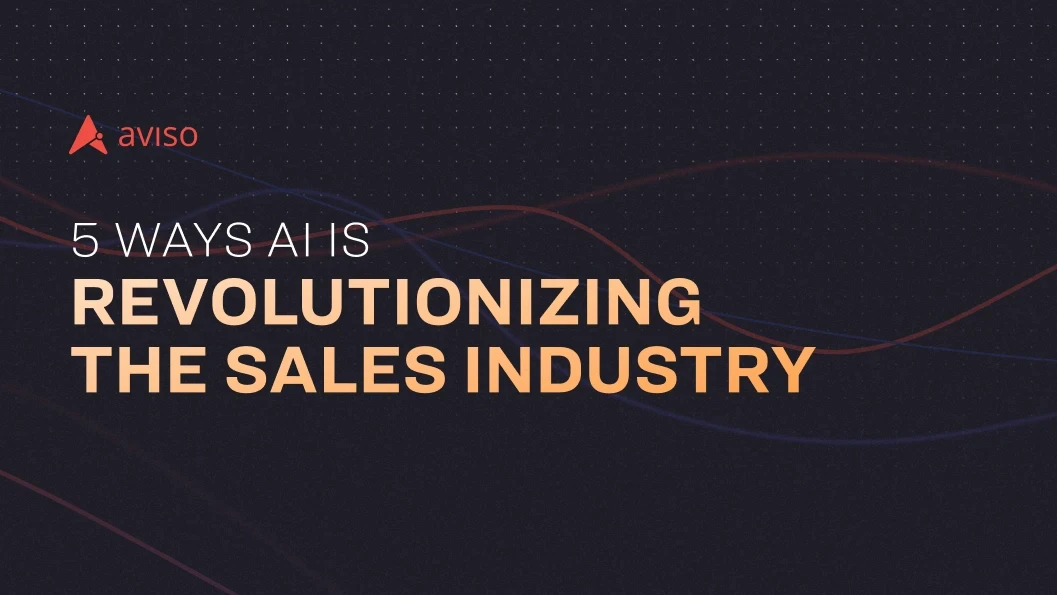We are all witnesses to the fourth industrial revolution. Emerging technologies driven by machine learning (ML) and artificial intelligence (AI) are upending the way the world produces, distributes, and consumes goods. Companies across industries, especially in sales and finance, have rapidly adopted and integrated AI technology into their businesses to achieve a competitive advantage. This AI-enabled age of disruption in the sales industry has led to increased efficiency, more targeted strategies, and added capabilities. AI-powered digital solutions are streamlining the sales industry in the most profound ways.
Empowering Future Sellers:
AI has radically changed the employment and skills acquisition strategies of companies. AI and ML algorithms are also increasingly replaced sales and marketing professionals in online stores and sales teams. The rapid adoption of AI in the industry has sparked debates on the job loss that AI-driven automation may cause. In the US sales industry, the OECD estimates that retail sales workers have a 93% chance of being replaced by automation. On the other hand, research via the Brookings Institute found that the last wave of IT automation in the 1980s created more jobs than it destroyed. The study projects that menial jobs will be most likely at risk of automation while IT jobs will likely grow. This reflects predictions being made by industry experts, with Maryville University forecasting there will be 1.1 million more computing-related jobs by 2024. As AI continues to disrupt the industry, sales enablement strategies will increasingly focus on complementing AI-enabled tools for sales. Re-skilling and onboarding the sales workforce will put emphasis on what AI has yet to automate—creativity, design, and innovation.
Forecasting Demand:
The ability to predict and model consumer demand has made planning sales strategies more data-driven and intuitive. AI-powered sales platforms enable businesses to accelerate and tailor sales cycles by generating critical insights from multiple data streams in real time. Shifting beyond CRM tools, time series databases use support vector machines to forecast demand, monitor customer bases, and predict new opportunities. Aviso WinScore supplies guided selling insights to aid sales managers in attuning their sales execution to secure successful deals. Time series DB’s can also create advanced warning mechanisms that detect when customers are considering switching brands. These insights are invaluable to companies that want to remain competitive in this new era.
Improved Lead Generation:
Lead generation is becoming more automated, personalized, and relevant with AI applications. Harvard Business Review research found that sales companies that utilize AI have 50% more leads than non-adaptors. Platforms like Facebook, Google, and LinkedIn already use machine learning algorithms to serve personalized advertisements to consumers, tailored to their specific interests. AI lead generation tools today enables businesses to offer chatbots and conversational marketing embedded within websites and landing pages. Advanced applications also include insights for cross-selling and up-selling opportunities.
Personalizing The In-Store Experience:
Cultivating stellar customer relationships remains the best way to grow businesses. Besides conversational marketing, AI utilizes data to optimize the company’s approach strategies in sales. Companies use predictive analytics to uncover buying signals and identify customer pain points in the sales cycle. This allows them to identify the most convenient times and the most relevant details to specific target audiences. This process increases customer satisfaction and the possibility of conversion success. Natural language processing has also drastically improved machine translation—a factor that’s important in raising long-term market relevance.
Getting to Omni-Channel Faster:
Consumers today use different channels to make different purchases. Successful omni-channel strategies need to intelligently identify, guide, and satisfy consumers at every stage of the sales and conversion cycle. AI and machine learning can help align and fine-tune customer relations across channels seamlessly. AI can efficiently combine and utilize multiple data sources like product preferences, location data, and transaction histories throughout devices and platforms. As AI strengthens its grip over the sales industry, companies can either learn to swim with the tide or sink under the weight of the new industrial revolution.
Article written by Lucy Anders exclusively for aviso.com.







